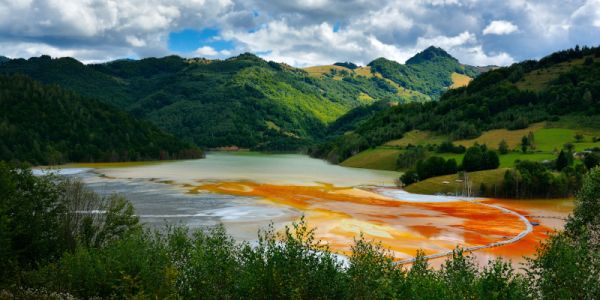
Biodiversity ‘time machine’ uses AI to learn from the past
Experts can make crucial decisions about future biodiversity management by using artificial intelligence to learn from past environmental change, according to a new study.

Experts can make crucial decisions about future biodiversity management by using artificial intelligence to learn from past environmental change, according to a new study.
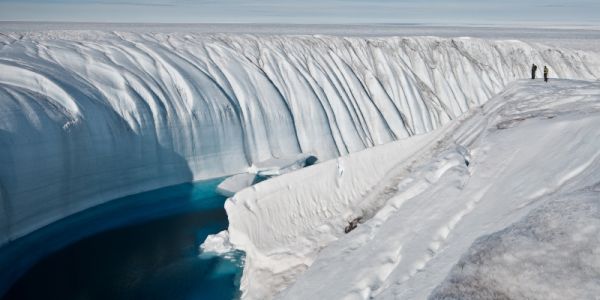
Global warming has caused extreme ice melting events in Greenland to become more frequent and more intense over the past 40 years according to new research, raising sea levels and flood risk worldwide
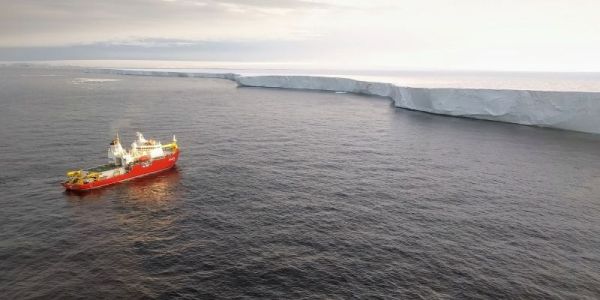
A glacier in West Antarctica has been formally named after the city of Glasgow to mark its hosting of the COP26 climate change conference.
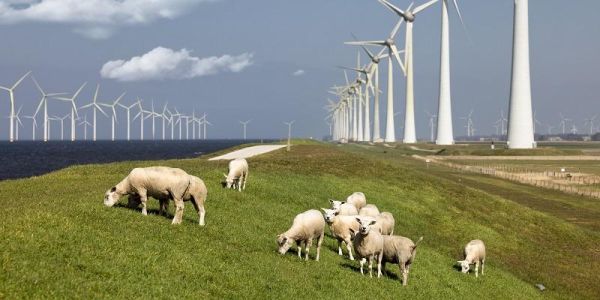
Industry must speed up investment in new technologies that allow manufacture of materials using renewable electricity if net zero emissions targets are to be met, researchers warn.
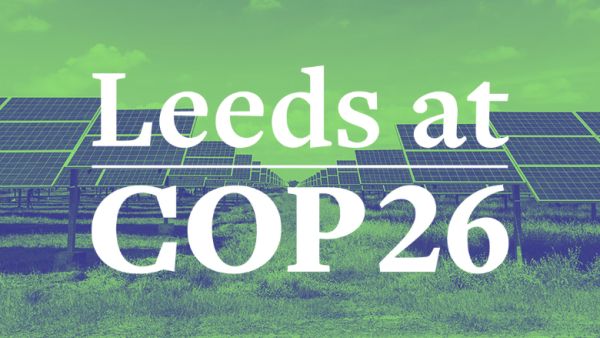
Leeds climate researchers working to tackle the environmental crisis and help the world achieve net zero carbon emissions are preparing to address 200 world leaders at COP26.

Parts of the Earth will be uninhabitable by 2500 if the current level of effort to address the climate crisis is maintained, a new study predicts.
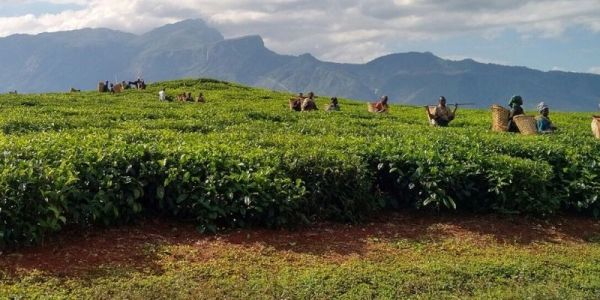
Researchers in the UK and Africa have teamed up to help tea producers better understand future climate risks in a bid to reduce crop damage.

Two new Executive Deans will join the University community at the start of 2022.

Restoring the world’s depleted peatlands now rather than later would have massive economic benefits to society, according to new research.
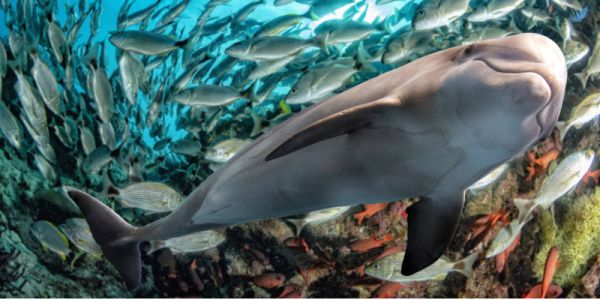
A new system for sampling fragments of DNA from marine organisms drifting in the ocean is set to create new opportunities for research into biodiversity and ways of supporting conservation activities.